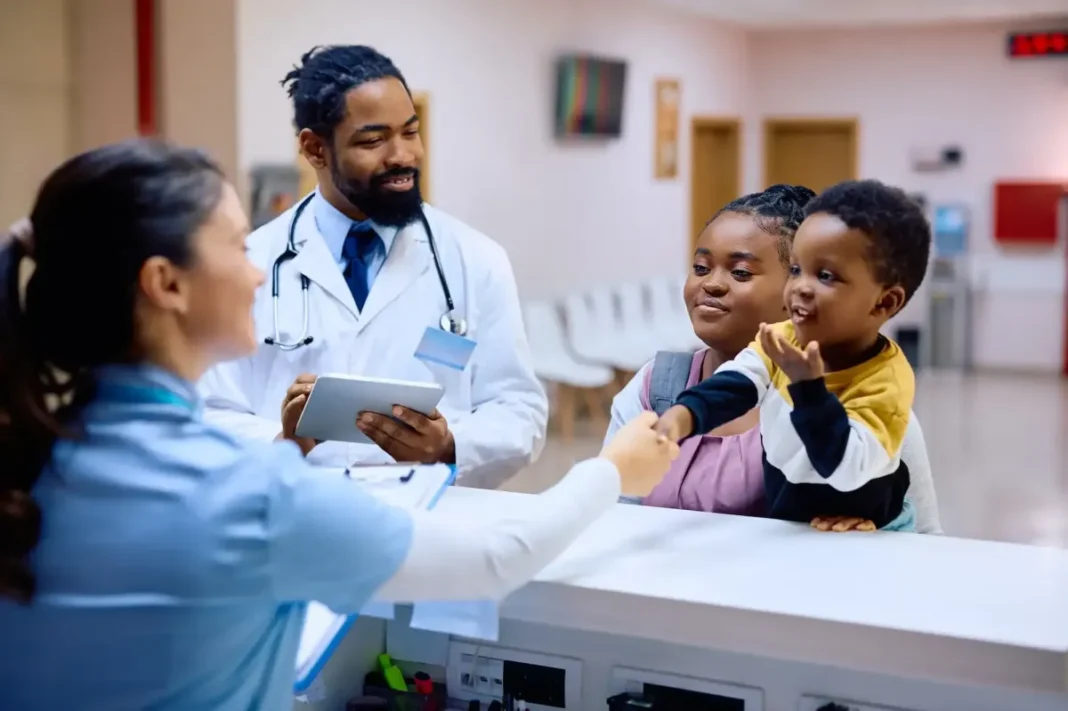PTSD, post-traumatic stress disorder, is a complex mental health condition that can develop after experiencing or witnessing a traumatic event. Its impact goes beyond flashbacks or nightmares, often affecting daily functioning, relationships, and overall well-being. Recognizing the signs and symptoms of PTSD is a fundamental first step toward healing. With the right coping strategies and professional support, individuals can manage symptoms and regain a sense of control and stability.
Understanding What PTSD Is
PTSD is a mental health condition that develops following exposure to traumatic events. The brain’s natural response to trauma sometimes becomes stuck, causing individuals to re-experience distressing memories and emotions repeatedly. This psychological trauma affects how the nervous system processes information and responds to perceived threats.
The condition differs from normal stress reactions because symptoms persist for weeks or months after the traumatic event. Normal stress responses decrease over time as individuals process their experiences. PTSD symptoms interfere with work, relationships, and daily activities, creating ongoing challenges for those affected. Medical professionals diagnose PTSD when specific symptom patterns emerge and continue for at least one month.
Recognizing Common Symptoms
PTSD symptoms fall into four main categories that affect different aspects of mental and emotional functioning. Here are the four main categories:
- Intrusive memories: These include flashbacks, nightmares, and distressing thoughts about the traumatic event. These memories often feel vivid and real, causing individuals to relive their experiences involuntarily.
- Avoidance behaviors: This involves staying away from places, people, or situations that remind individuals of their trauma. People with PTSD may stop driving after a car accident or avoid crowded spaces following an assault.
- Negative changes: Negative changes in thinking and mood are another key symptom category. Individuals experience persistent feelings of hopelessness, depression, or anxiety. They may lose interest in activities they previously enjoyed and struggle with concentration or memory problems.
- Changes in arousal and reactivity: These affect how individuals respond to their environment. Symptoms include being easily startled, feeling constantly on guard, having difficulty sleeping, and experiencing angry outbursts. These reactions occur even in safe situations where no actual threat exists.
These symptoms, while distinctive, often overlap and intensify the challenges faced by individuals with PTSD, severely impacting their overall well-being.
Coping Tools and Support
Professional therapy provides fundamental support for individuals managing PTSD symptoms. Exposure therapy helps people gradually face trauma-related triggers in a controlled, safe environment. This approach gradually reduces the intensity of emotional responses over time, thereby building confidence in handling difficult situations.
Eye Movement Desensitization and Reprocessing (EMDR) uses specialized techniques to help process traumatic memories. This therapy approach allows individuals to work through distressing experiences while maintaining emotional stability. Medication management offers further support for managing anxiety, depression, and sleep disturbances associated with PTSD. Mental health professionals prescribe medications that help stabilize mood and reduce symptom severity.
Lifestyle adjustments also play a helpful role in PTSD recovery. Regular exercise helps reduce stress hormones and improve mood by releasing endorphins. Healthy eating patterns support brain function and overall physical health. Stress management techniques, such as deep breathing or meditation, also provide valuable daily coping tools.
Schedule a PTSD Consultation Today
PTSD is a treatable condition that responds well to professional intervention and appropriate support systems. Recognizing symptoms early and seeking help can prevent the condition from worsening and improve long-term outcomes. The combination of therapy, medication management, and lifestyle changes offers multiple pathways to healing and recovery. Schedule a consultation with qualified mental health professionals who understand trauma recovery and explore available treatment options.
- Pedrovazpaulo Wealth Investment: Unlocking Financial Freedom Through Innovative Strategies
- EO Pis: A Comprehensive Guide to Environmental Objectives and Performance Indicators
- Premiumindo69: The Future of Digital Entertainment
- Macadamia Nut Milk: Health Benefits, Recipes, and Why It’s the Perfect Dairy-Free Alternative
- Hentquz: The Future of Productivity and Collaboration


